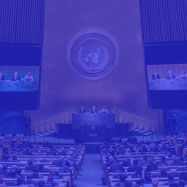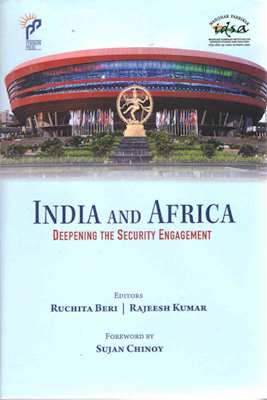Rajeesh Kumar

|
Rajeesh Kumar is an Associate Fellow at the Institute, currently working on a project titled “Emerging Powers and the Future of Global Governance: India and International Institutions.” He has PhD in International Organization from Jawaharlal Nehru University, New Delhi. Prior to joining MP-IDSA in 2016, he taught at JamiaMilliaIslamia, New Delhi (2010-11& 2015-16) and University of Calicut, Kerala (2007-08). His areas of research interest are International Organizations, India and Multilateralism, Global Governance, and International Humanitarian Law. He is the co-editor of two books;Eurozone Crisis and the Future of Europe: Political Economy of Further Integration and Governance (London: Palgrave Macmillan, 2014); and Islam, Islamist Movements and Democracy in the Middle East: Challenges, Opportunities and Responses (Delhi: Global Vision Publishing, 2013). Detailed CV
|













